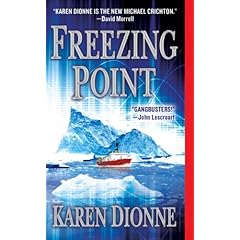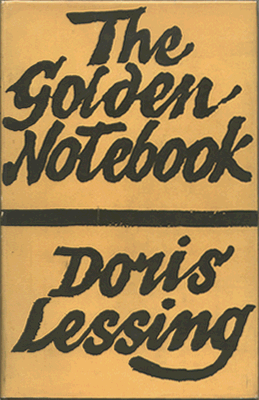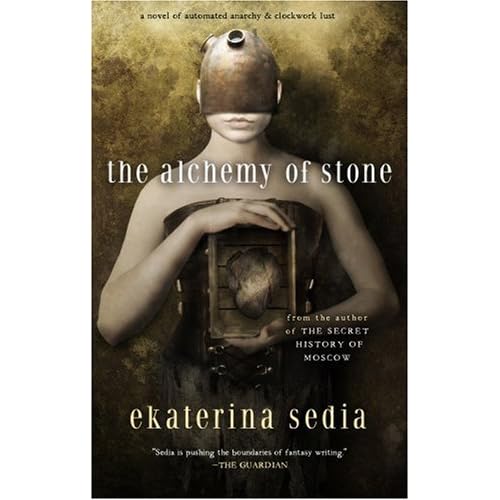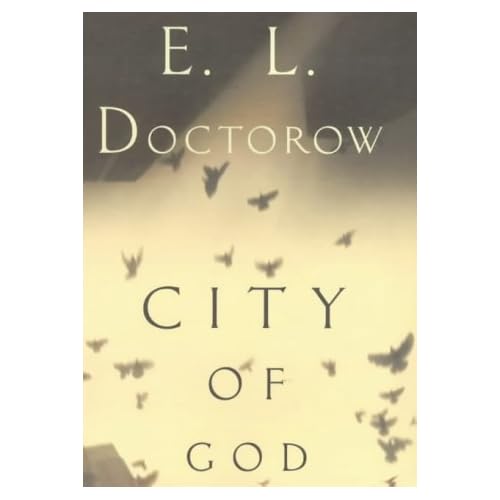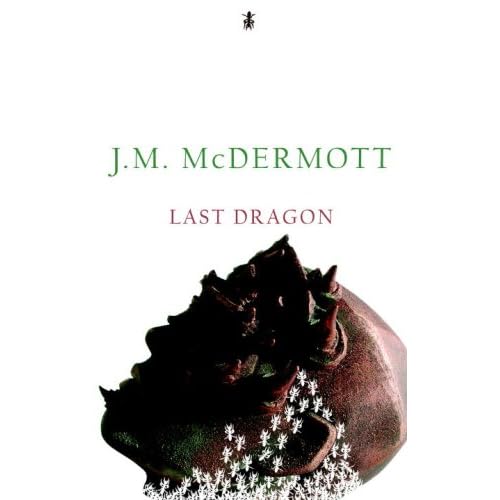I don't do memes. But I'm doing
this one. Consistency is the hobgoblin of small minds, right? We all know that.
Here are thirteen opening lines from thirteen novels. Which ones can you guess? Correct answers will be inserted as they come in.
(Too late folks; it's over. I'm putting all the answers in now.)
1. "I've watched through his eyes, I've listened through his ears, and I tell you he's the one. Or at least as close as we're going to get."
Ender's Game by Orson Scott Card, guessed by Annie #2
2. "Matrimony was ordained, thirdly," said Jane Studdock to herself, "for the mutual society, help, and comfort that the one ought to have of the other."
That Hideous Strength by C.S. Lewis, guessed by
Annie.
3. It came by mail, the old-fashioned way, since the Judge was almost eighty and distrusted modern devices.
The Summons by John Grisham, guessed by Anonymous (part way) and Annie #2.
4. No knowledge has come down of Joseph Knecht's origins.
The Glass Bead Game (Magister Ludi) by Hermann Hesse, guessed by Vomaxx at AW, who didn't turn up to put it in the comments here.
5. A squat grey building of only thirty-four storeys.
Brave New World by Aldous Huxley, guessed by
Danika.
6. The news hit the British High Commission in Nairobi at nine-thirty on a Monday morning.
The Constant Gardener by John LeCarré, guessed by
Eva.
7. The island of Gont, a single mountain that lifts its peak a mile above the storm-wracked Northeast Sea, is a land famous for wizards.
A Wizard of Earthsea by Ursula LeGuin, guessed by
Poodlerat.
8. The first place that I can well remember was a large pleasant meadow with a pond of clear water in it.
Black Beauty by Anna Sewell, guessed by
Poodlerat.
9. My name is Perry L. Crandall and I am not retarded.
Lottery by Patricia Wood, guessed by
Annie.
10. Brother Francis Gerard of Utah might never have discovered the blessed documents, had it not been for the pilgrim with girded loins who appeared during that young novice's Lenten fast in the desert.
A Canticle for Leibowitz by Walter M. Miller, guessed by Annie #2.
Follow this up with the second sentence, and I consider it one of the best openings I've ever read.
Never before had Brother Francis actually seen a pilgrim with girded loins, but that this one was the bona fide article he was convinced as soon as he had recovered from the spin-chilling effect of the pilgrim's advent on the far horizon, as a wiggling iota of black caught in a shimmering haze of heat.
Great voice, sense of place, unusual but effective description and a good sense of the dry but sympathetic humour that characterizes the book. By the end of this second sentence I was smitten.
11. Here was the least common denominator of nature, the skeleton requirements simply, of land and sky - Saskatchewan prairie.
Who Has Seen the Wind by W.O. Mitchell, guessed by the husband of
Danika.
12. In the tombs of Kursi sits a man with his back to the sea.
Madman by Tracy Groot. Fantastic book, see my review in the previous post.
13. The cabin-passenger wrote in his diary a parody of Descartes: 'I feel discomfort, therefore I am alive,' then sat pen in hand with no more to record.
A Burnt-Out Case by Graham Greene. I was more than a little surprised that no one got this one.
And that's it for this time.
You can find the original
here, but I found it through
Superfast Reader. Oh, and Poodlerat
has done one too.
Technorati tags:
Book memes,
Opening lines,
C.S. Lewis,
Patricia Wood,
Aldous Huxley,
Orson Scott Card,
John Grisham,
Walter M. Miller,
Ursula LeGuin,
Anna Sewell,
W.O. Mitchell,
John LeCarré,
Hermann Hesse,
Tracy Groot,
Graham Greene
 There's a new kid on the Christian speculative fiction block. Digital Dragon has launched its inaugural issue, so click on over if you'd like a look at some free fiction. If you're thinking of contributing, they are not a paying market.
There's a new kid on the Christian speculative fiction block. Digital Dragon has launched its inaugural issue, so click on over if you'd like a look at some free fiction. If you're thinking of contributing, they are not a paying market.











